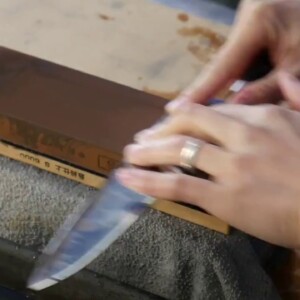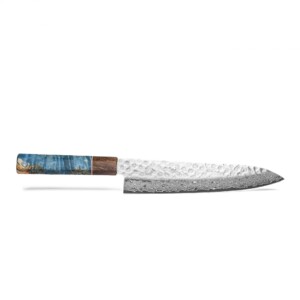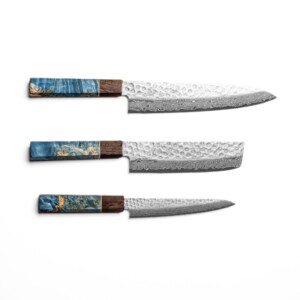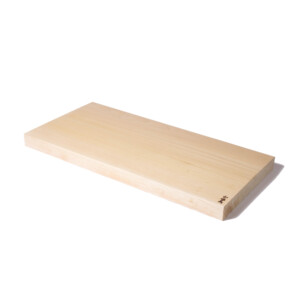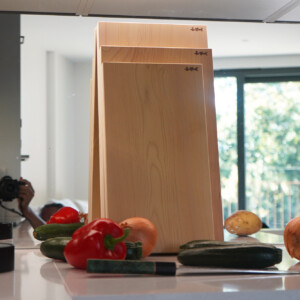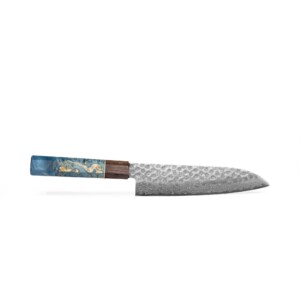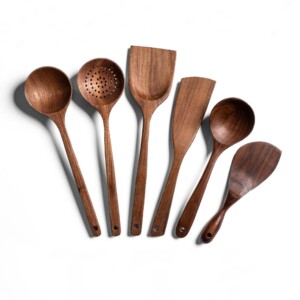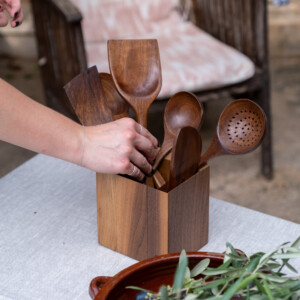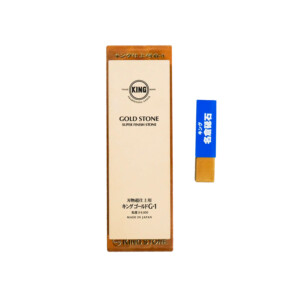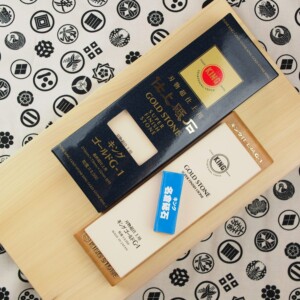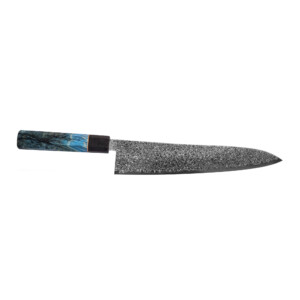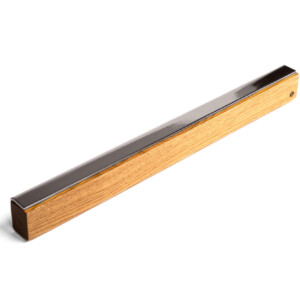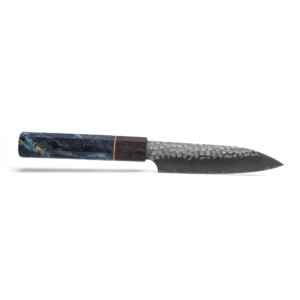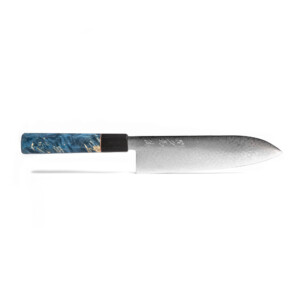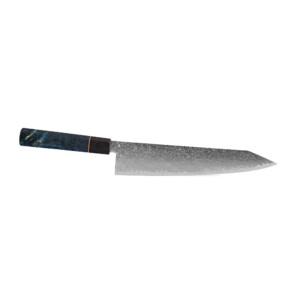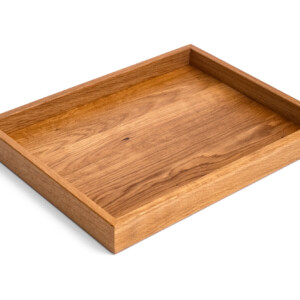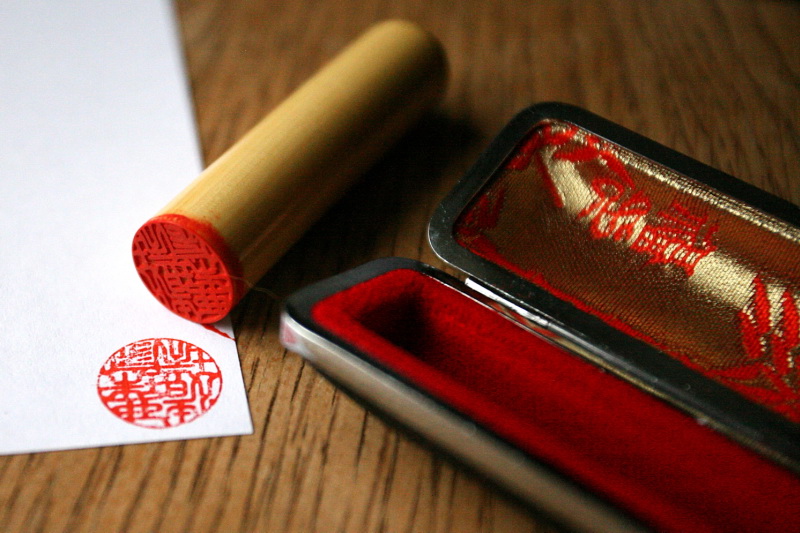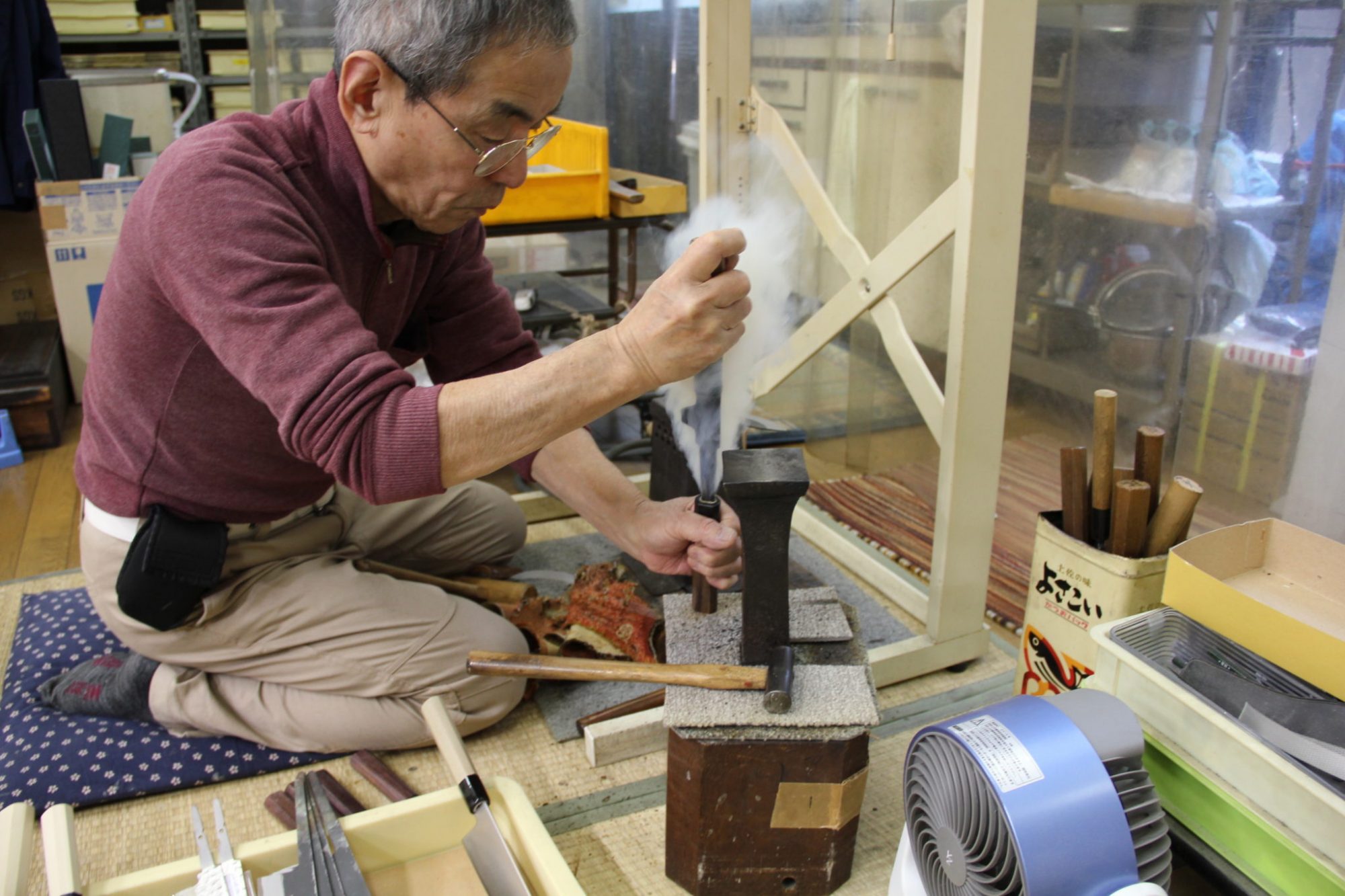The one professional technique that transforms nervous cooks into confident chefs – learn the safety secret that keeps your fingers protected while creating perfect onion cuts every time.
If there’s one vegetable that strikes fear into novice cooks, it’s the onion. Despite being essential to countless recipes, onions have earned a reputation as finger-threatening adversaries. But here’s the professional secret: cutting onions safely isn’t about luck – it’s about mastering one fundamental technique that will revolutionise your knife work.
Why the Claw Grip Changes Everything
The claw grip isn’t just another kitchen tip – it’s the foundational safety technique that separates confident cooks from those who approach their cutting board with fear. This simple hand position creates an impenetrable barrier between your knife and fingertips while maintaining complete control.
Professional chefs learn this on day one of culinary school because every other knife skill builds upon it. Master the claw grip, and you’ll cut not just onions, but every ingredient with newfound confidence.
Understanding the Challenge
Onions present unique difficulties that make proper technique crucial:
- Slippery layers that shift as you cut
- Round shape that’s naturally unstable
- Eye irritation that affects concentration
- Multiple layers that can separate unexpectedly
The Professional Claw Grip: Step-by-Step
Setup for Success
Choose a Sharp Knife: Dull knives slip and tear, creating dangerous conditions. Your blade should glide through onions with minimal pressure.
Stabilise Your Board: Place a damp towel underneath to prevent sliding.
Create Stability: Cut the onion in half from root to tip, then place the flat side down.
Perfect Claw Grip Formation
Step 1: Position Your Guide Hand Place your non-cutting hand on the onion half, with your palm resting lightly on top.
Step 2: Curl Your Fingertips This is crucial: curl your fingertips under, creating a claw shape. Your fingertips should be tucked safely away from the knife’s path.
Step 3: Create the Knuckle Guide Your middle knuckle becomes your guide rail. The flat side of your knife blade should rest against this knuckle, ensuring controlled cuts that cannot slip toward your fingers.
Step 4: Maintain the Arch Keep a slight arch in your fingers – imagine holding a small ball. This keeps fingertips elevated and protected while maintaining control.
The Perfect Onion Cut
Preparation
- Remove papery skin, keeping root end intact
- Halve from root to tip (not through the middle)
- Trim stem end but leave root attached
The Cutting Process
Vertical Cuts:
- Position claw grip at the stem end
- Rest knife blade against your middle knuckle
- Make vertical cuts top to bottom
- Move your guiding hand backward with each cut
- Keep constant contact between knuckle and blade
Final Crosswise Cuts: Turn the onion 90 degrees and repeat, cutting perpendicular to create perfect dice.
Common Mistakes to Avoid
The Flat-Finger Trap
Mistake: Laying fingers flat with exposed fingertips Fix: Always curl fingertips under – if you can see your nails, they’re too exposed
The Lifting Error
Mistake: Completely lifting your guide hand between cuts Fix: Maintain constant, light contact while sliding backward
The Speed Problem
Mistake: Cutting faster than your claw grip can safely guide Fix: Let your knuckle set the pace, not your cutting hand
Advanced Tips for Success
The Walking Technique
Your claw grip hand should “walk” backward with each cut, maintaining the protective barrier while working through the entire onion.
Perfect Pressure
Use just enough pressure to control the onion without crushing it. Think “guiding” rather than “gripping.”
Rhythm and Flow
Develop a steady rhythm coordinating both hands. Your knife should never move faster than your guide hand can safely retreat.
Beyond Onions: Universal Application
The claw grip technique transfers to virtually every ingredient:
- Root vegetables: Carrots, potatoes, turnips
- Aromatics: Garlic, shallots, leeks
- Proteins: Trimming meat and fish
- Herbs: Delicate herbs with lighter pressure
Building Your Confidence
Start Slow
Focus entirely on hand position and safety first. Speed develops naturally through repetition.
Practice with Purpose
Dedicate time to technique practice. Use a few onions to focus solely on form – they freeze well for future use.
Celebrate Progress
Notice when cuts become more uniform and confidence increases. These small improvements build culinary mastery.
The Right Tools Matter
Quality knives amplify your success. Well-crafted Japanese knives provide:
- Exceptional sharpness for clean cuts without tearing
- Perfect balance reducing hand fatigue
- Precision geometry that works with your technique
- Ergonomic design supporting proper hand positioning
Mastering the claw grip builds the foundation for confident knife work throughout your culinary journey. Every professional chef has mastered this fundamental technique – the difference between where you are and where you want to be is simply practice and proper form.
The confidence you build cutting onions safely carries over to every ingredient. The muscle memory you develop makes cooking more enjoyable, efficient, and infinitely safer.
Watch our step-by-step video demonstration to see the claw grip technique in action and start your journey to fearless onion cutting today.

